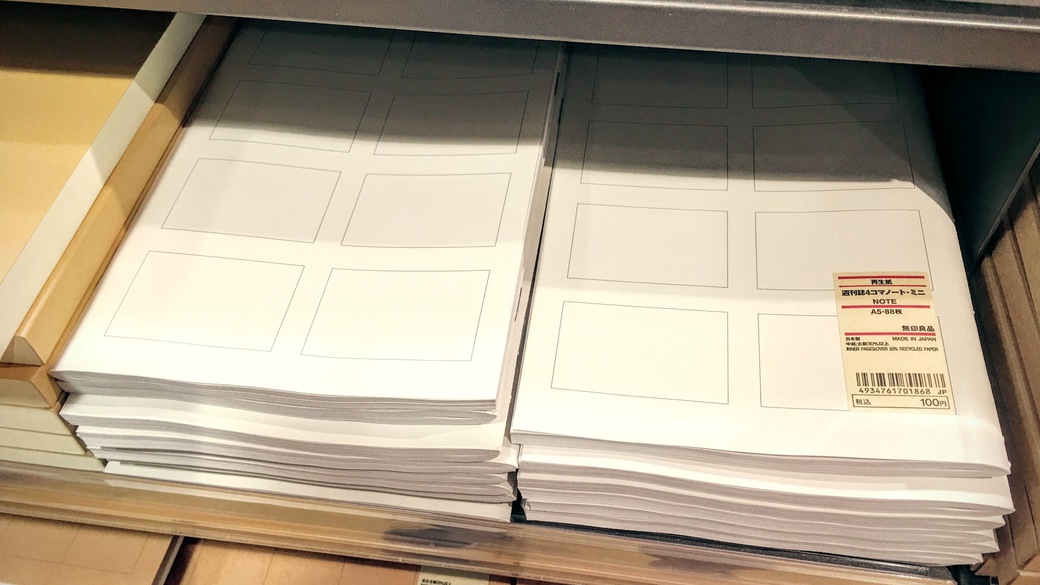I planned to write about focus today. I knew that by looking at my writing schedule spreadsheet. But looking at the schedule reminded me that I needed to upload yesterday’s post to my server. Then I tried making a gulp task to handle deployment. Then thirty minutes went by. All before writing a word down about focus.
Now I’ll write about distractions. The key to focusing is identifying distractions and learning how to avoid them.
Location, location, location
Distractions come from having other options. People build cabins and go on retreats to cut out other options. When I’m bored at home it seems like there’s nothing to do. When I’m trying to write, there seems to be tons of things to do. I can clean. I can read. I can eat. I can cook because I want to eat.
So I don’t write much at home. This might be different if I could have other locations within my home. But I rent a shoebox in New York. My desk is on the wall at one end of the apartment. My bathroom is at the opposite end. From my desk, I could probably read the ingredients on the toothpaste tube if I squinted enough.
I write at coffee shops when I can. There’s not much else to do there. A lot of other people are there to work on things also. They want to be alone but with people. In, like, not the super depressing way.
I’ve been trying to write in parks. The people watching can be too good. I mean, just hanging out at a park relaxing is a thing. I’ve done that alone. It doesn’t work for me.
I’ve tried writing on buses and subways. This works surprisingly well. I actually focus on the writing. And on the subway I don’t have Internet access. Which, of course, is the ultimate distraction.
You vs. the internet
Ben Orenstein, a developer at thoughtbot, says conference speakers need to be more interesting than the Internet. If the internet is the final boss, asking people to put laptops away is like a cheat code. It works, but wouldn’t it be more satisfying to be the most interesting thing in the room? Otherwise, why bother being a speaker?
When writing, it’s just you and the internet.
Go offline: When using a computer to write, you have the entire internet at your disposal. You can turn the wifi off. You can even unplug the router. Or set it on a timer.
Stay offline: This starts to get into what writing really is. A lot of it is in the thinking. In Deep Work, Cal Newport suggests separating offline work time and online work time. If you’re in an offline time block and something comes up that requries the internet, write it down as a task for your next online work block.
I do something like this by adding comments in Google Docs. They act as a todo list when I go into finalizing a post—done during an online time block.
I want to try splitting an hour like this:
-
15 minutes online: Set up some links, excerpts, and outline.
-
30 minutes offline: Write and fill it in. TKs/comments for everything else.
-
15 minutes online: Edit, finish up links, images, and upload the post.
My system to focus
First, I select an animal to sacrifice. Here are my preferences in order of effectiveness.
Know what I’m working on: A schedule helps. Before creating a schedule, prioritization helps even more. If you’re working on the most important thing, you won’t waste time thinking that you could be working on something else.
Remember, you can be great at anything—but not everything.
Know what I’m supposed to write: This involves thinking, organizing, outlining, working with index cards, and other things that aren’t writing.
Write somewhere else: I wrote some of this on the bus. There’s not much else to do. I try to disconnect, at least partially.
Have coffee ready, use the restroom: And other small logistic things. This is really identifying reasons to get up during a time block and preventing them from happening.
Answer a few questions: Something I really enjoyed in Smarter, Better, Faster is the set of questions Charles Duhigg goes through before reading through a research study. I’ll paraphrase it.
Now: What do you plan to do?
First: What’s the first step?
Distractions: What issues might you run into?
Solutions: What can you do to avoid those issues?
Success: What does success look like for this task?
Steps: What’s necessary for success?
After: What task comes after this one?
Put on some tunes: Or white noise and sounds of the forest. I use focus@will, Spotify, or various iOS apps.
Set a timer: I’ve tried using the Pomodoro Technique. It seems like, without fail, I lose focus before the 25 minutes are up. Yes, it sounds ridiculous saying I have a hard time focusing for 25 minutes. But focus requires practice. I’ve been trying 15 minutes lately and it seems to be working better. I’ll work toward increasing this.
I’d like to build a trigger
In the Art of Learning, Josh Waitzkin describes a system for creating a sense of calm. His website provides a summary (and also a clip from the audiobook):
To create your own catalyst for peak performance, first identify the one key activity that is most relaxing for you. Then shape a simple routine comprising this and four to five additional personal relaxation methods you know work for you. Practice this routine daily for one month during down time to entrench a calm state of mind.
With the routine in place, he describes the next step of substituting the relaxing activity for a performance activity. A sense of calm is helpful in stressful situations. You then work to compress the routine into a few minutes that you can do anywhere.
Sitting down to write isn’t exactly a performance situation. It’d be great to apply these steps to build a routine that triggers a state of focus.
In the meantime, I’ll continue with the usual: sit down in a coffee shop, set a timer, and then listen to recordings of coffee shops to drown out the coffee shop noise.













